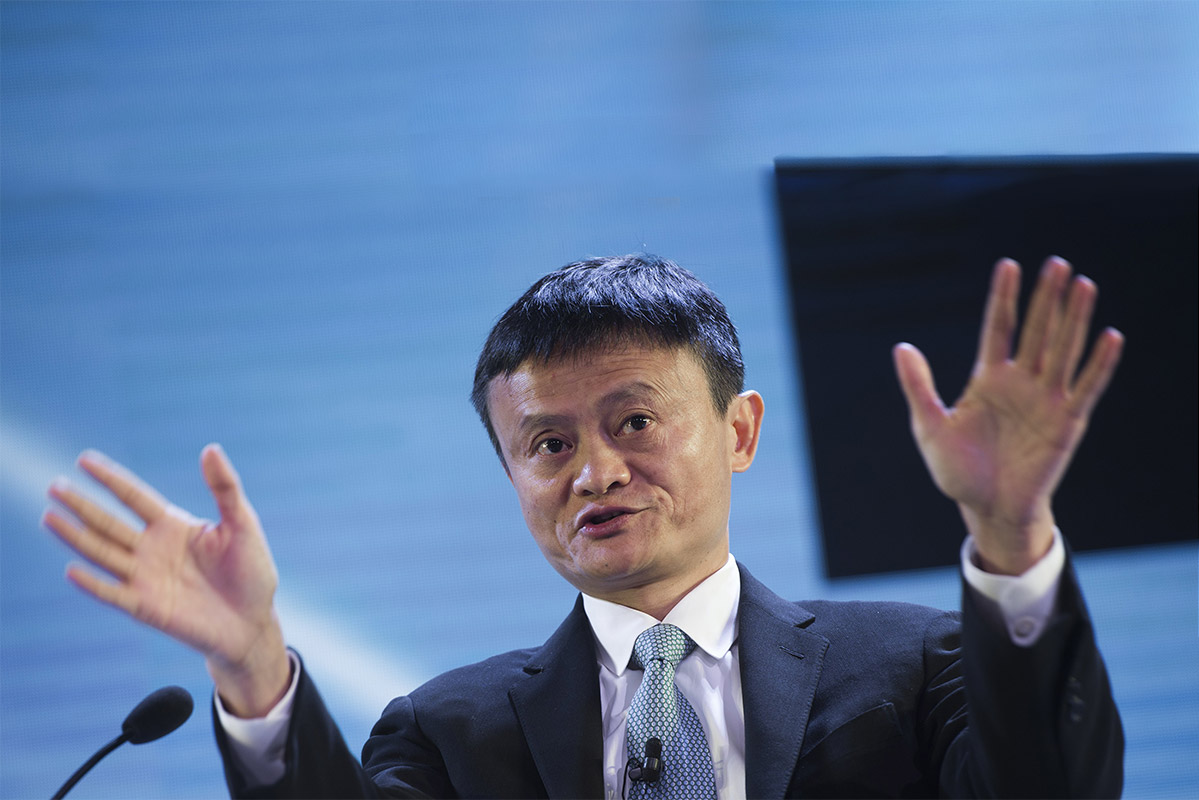The hunt for bargains in Southeast Asian’s red-hot technology arena is finally driving investors to the Philippines.
Galvanized by Alibaba-founder Jack Ma’s investment in payments outfit Mynt, early-stage investors have begun to explore opportunities in one of the region’s fastest-growing economies, which since 2012 has drawn but an iota of Southeast Asian venture capital investment. A youthful population, growing middle class and improving smartphone and broadband penetration is now attracting the intention of tech financiers.
Wavemaker Partners LLC, which hosted a pitching session this month for the likes of Pavilion Capital Ltd., Aletra Capital Partners BV and International Finance Corp., said at least five local startups have initiated talks with potential investors. Others getting in on the action include 500 Startups and Gobi Ventures Inc. The latter outfit, which focuses on Singapore and China, is launching its first Philippine seed fund next month of about US$5 million to US$10 million, Gobi ASEAN Managing Partner Kay Mok Ku said. Its average deal size will range from US$250,000 to US$750,000.
“This is fertile ground to plant if valuations are being stretched elsewhere,” Wavemaker Singapore Managing Partner Paul Santos said.
The Philippines has long lagged behind its neighbours in attracting venture capital. While regional venture funding set records in each of the past few years, the country drew just US$18 million of funding from January to September 2017, according to the latest available data from CB Insights. Thus far, only mobile technology startup Xurpas Inc. has breached the US$100-million valuation mark and is listed on the local stock exchange.
Poor infrastructure has long plagued business in the Philippines, but even more so for tech investment. Take ZAP Group, which operates a customer loyalty app for about 800 establishments but constantly struggles with patchy connectivity that disrupts transactions from customer enrolment to rewards. Even text notifications don’t always go through and the company spends double what it should for back-up voice calls, co-founder Dustin Cheng said.
But as valuations in markets such as Indonesia and Vietnam heat up, the Philippines could prove to be better value, Santos said. A lower entry price helps deliver higher returns, offsetting risks that come with the territory.
Also in its favour are demographics. It boasts the 12th largest population in the world, with a median age of 23. The Philippines could offer opportunities for consumer startups like e-payments, travel and healthcare, said Laura Rogers, partner at Walkers (Singapore) LLP.
Chinese capital is already moving in, Ku said. Ant Financial’s investment in Globe Telecom Inc.’s Mynt in 2017 could now serve as a catalyst for the country’s startup ecosystem and improve deal flow.
“For VCs, it’s a question of when a country will take off," he said. “In the Philippines, all the signals are there.” - Bloomberg
